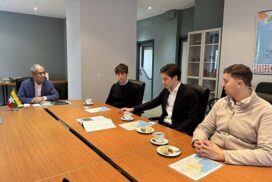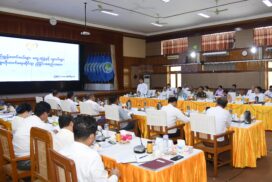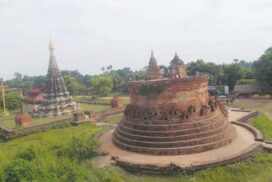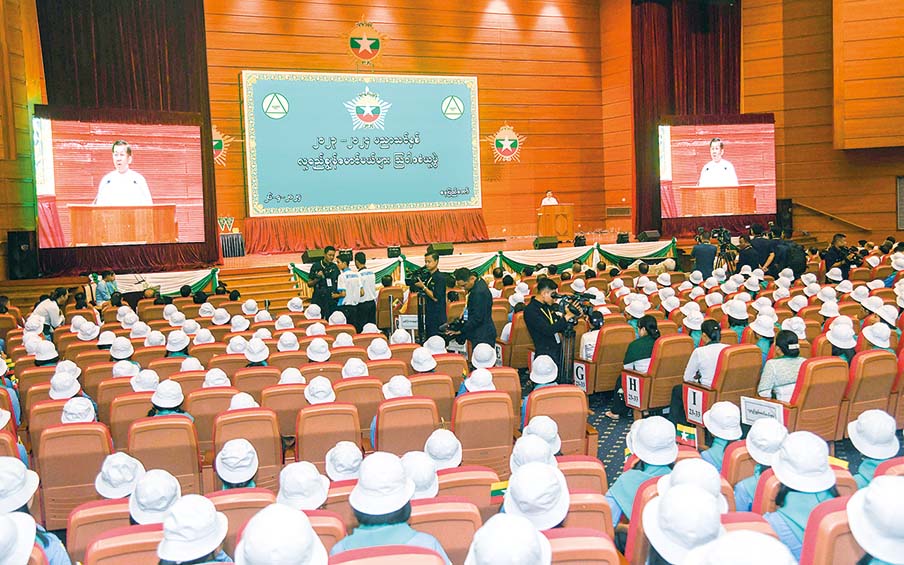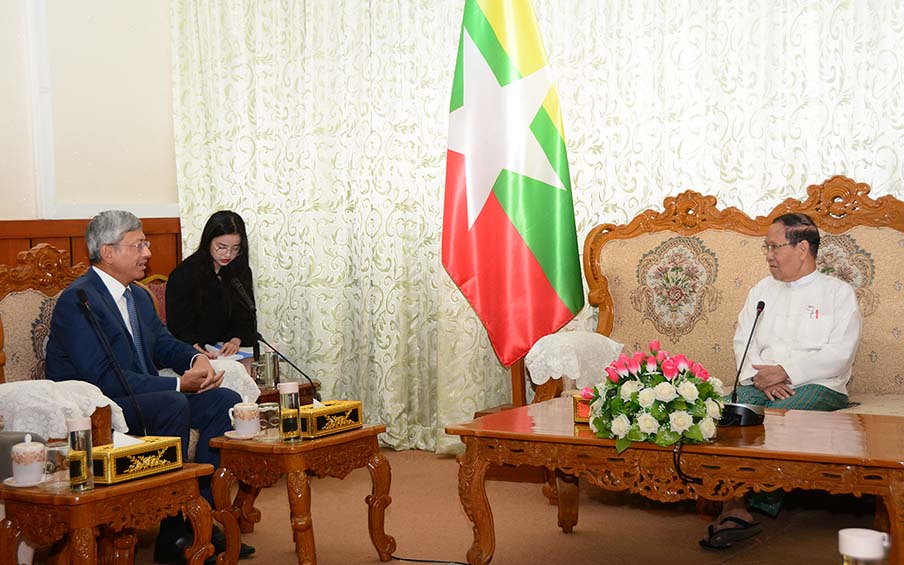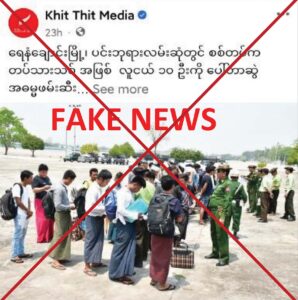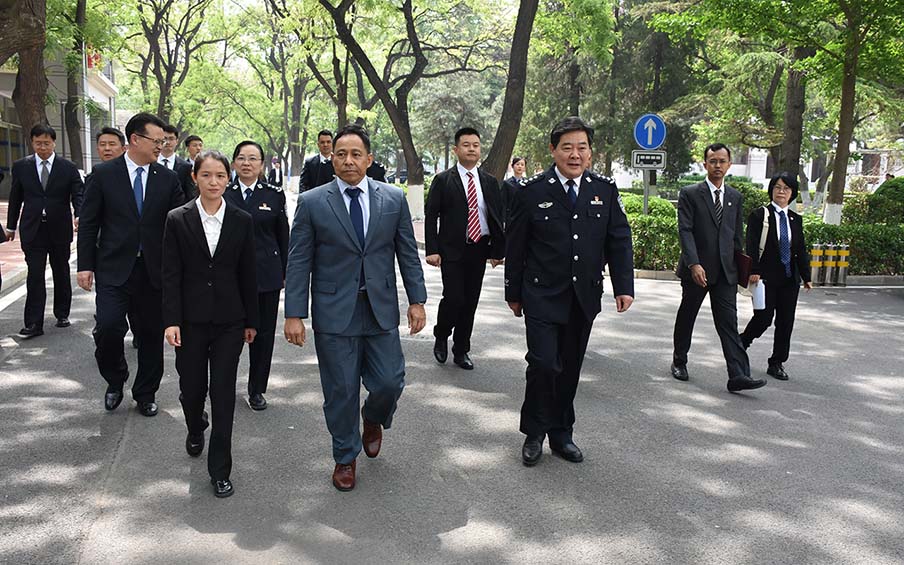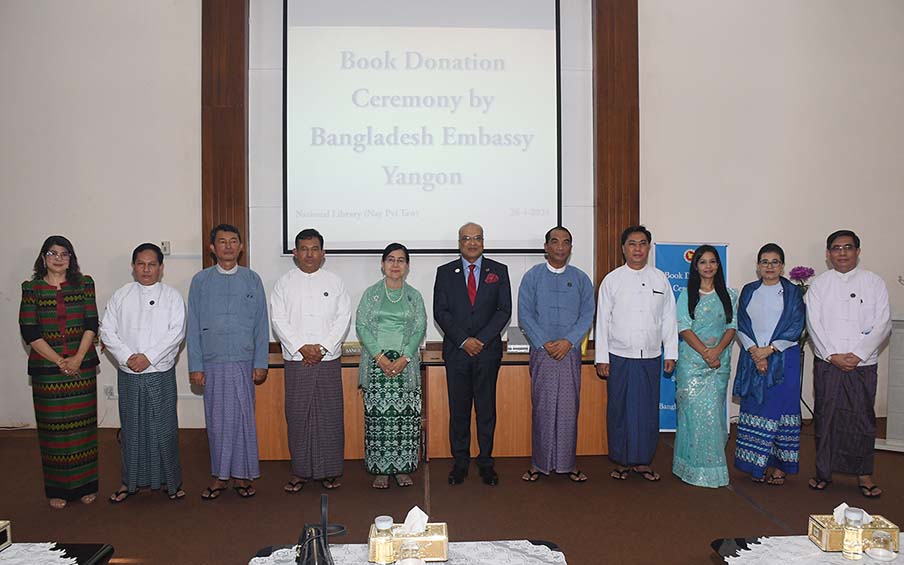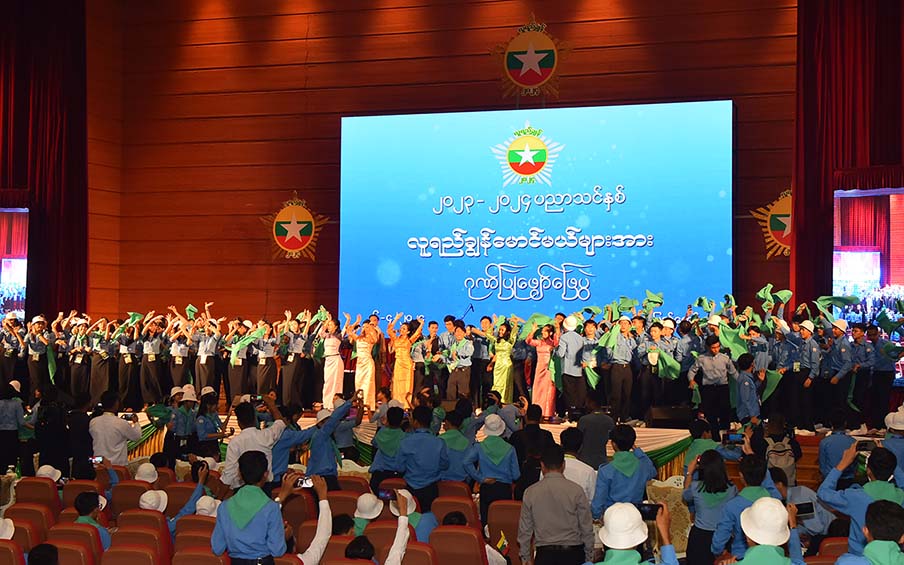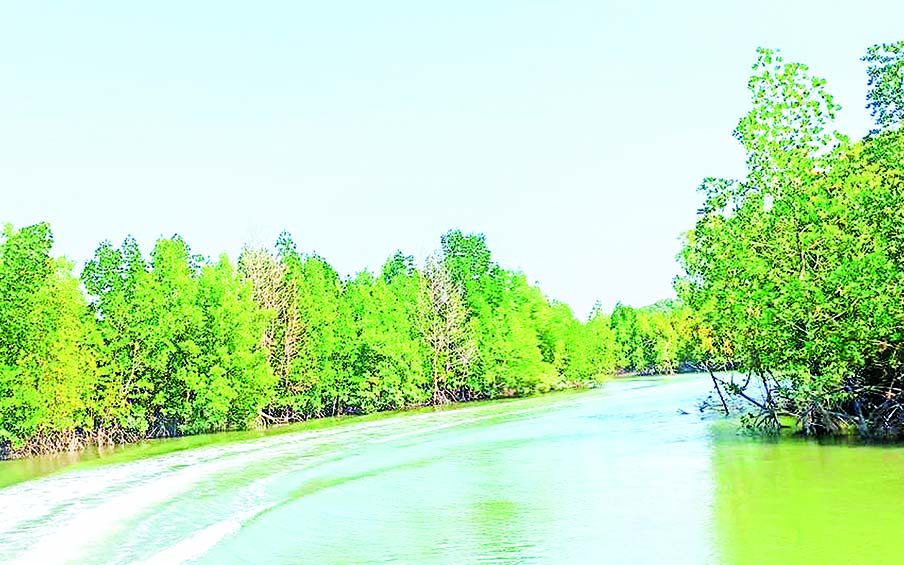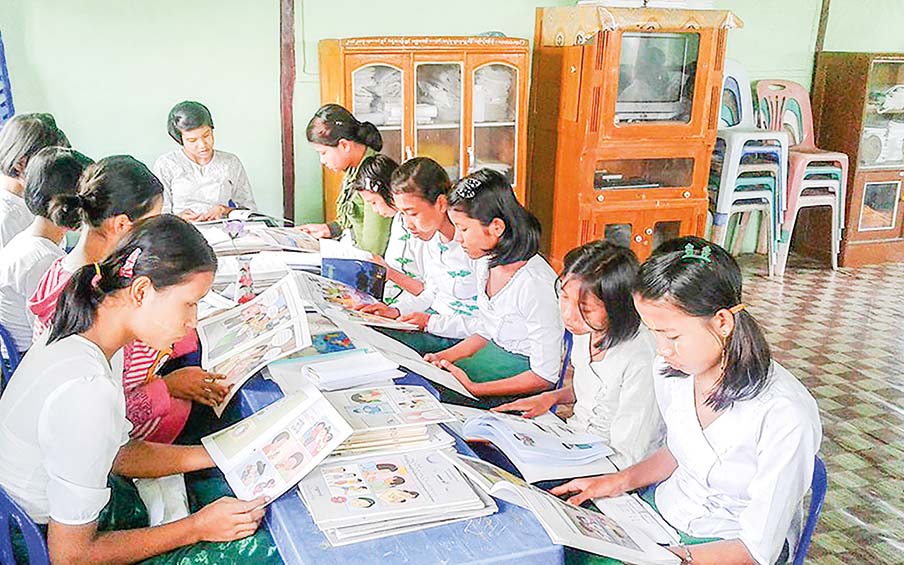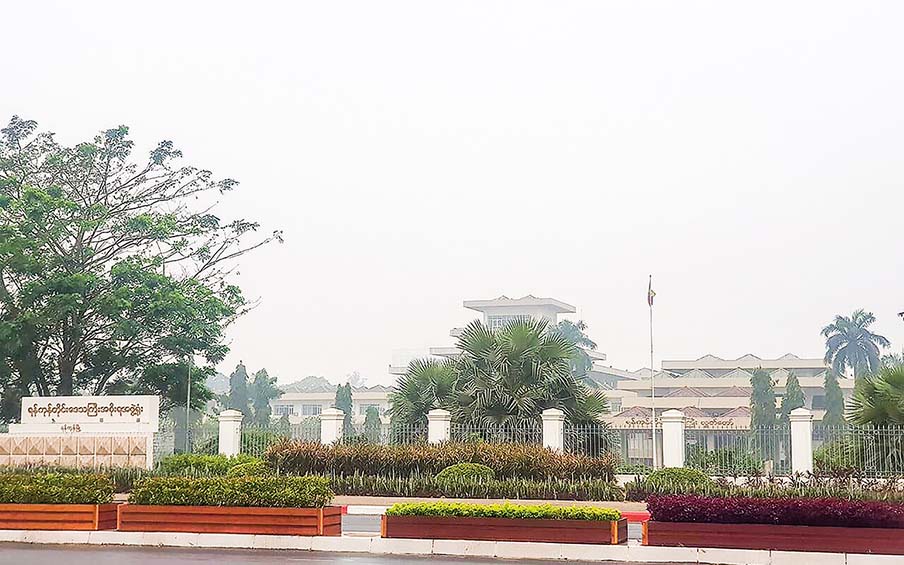In Myanmar, the prolonged summer holidays are a result of prevailing climatic conditions that blanket most of the country in intense heat, disrupting the daily routines of its inhabitants. To accommodate this, successive governments have implemented extended summer breaks for students at the basic education level.
Unfortunately, while students enjoy this lengthy respite, their teachers, burdened with correcting answer papers and attending training courses, find themselves with limited time off, diminishing the perceived length of the holidays for both parties. They have to seek the best techniques for efficiently spending the long summer holidays.
While numerous training opportunities aim to enhance the image and mental resilience of youth students, those who abstain from any organized activities during the extended holidays risk falling behind their peers. Consequently, it becomes essential for all students to actively participate in social movements that contribute to the development of their skills and talents.
Efficiently utilizing the extended school break during the summer becomes imperative. Parents and educators must allow students the autonomy to choose how they spend their holidays. While some may opt for sports training courses to enhance their skills, others may lean towards language courses, artistic pursuits such as painting and handicraft-making, or vocational and technological courses aspiring to become mechanics or electricians. Some students prefer the solitude of libraries to broaden their knowledge, while others engage in tailoring and knitting courses or pursue additional grade-level texts.
In an effort to cultivate a disciplined mindset, some students choose to participate in Buddhist culture courses. These courses not only provide techniques for controlling one’s mindset to avoid wrongdoing but also encompass teachings on public ethics, the advice of Lord Buddha, and insights from senior citizens sharing the benefits of virtuous deeds and the pitfalls of malpractices. Such courses guide trainees in analyzing incidents and stress the importance of cultivating respectful relations with others. These experiences play a pivotal role in shaping the mindset of young students, empowering them to successfully navigate societal challenges without resorting to blame.
While numerous training opportunities aim to enhance the image and mental resilience of youth students, those who abstain from any organized activities during the extended holidays risk falling behind their peers. Consequently, it becomes essential for all students to actively participate in social movements that contribute to the development of their skills and talents.
By doing so, they not only bridge the gap in their personal growth but also foster a sense of community and shared progress among their peers. In this way, the extended summer break becomes a platform for holistic development and empowerment, ensuring that students are well-prepared to face the challenges of the society they will eventually contribute to.


